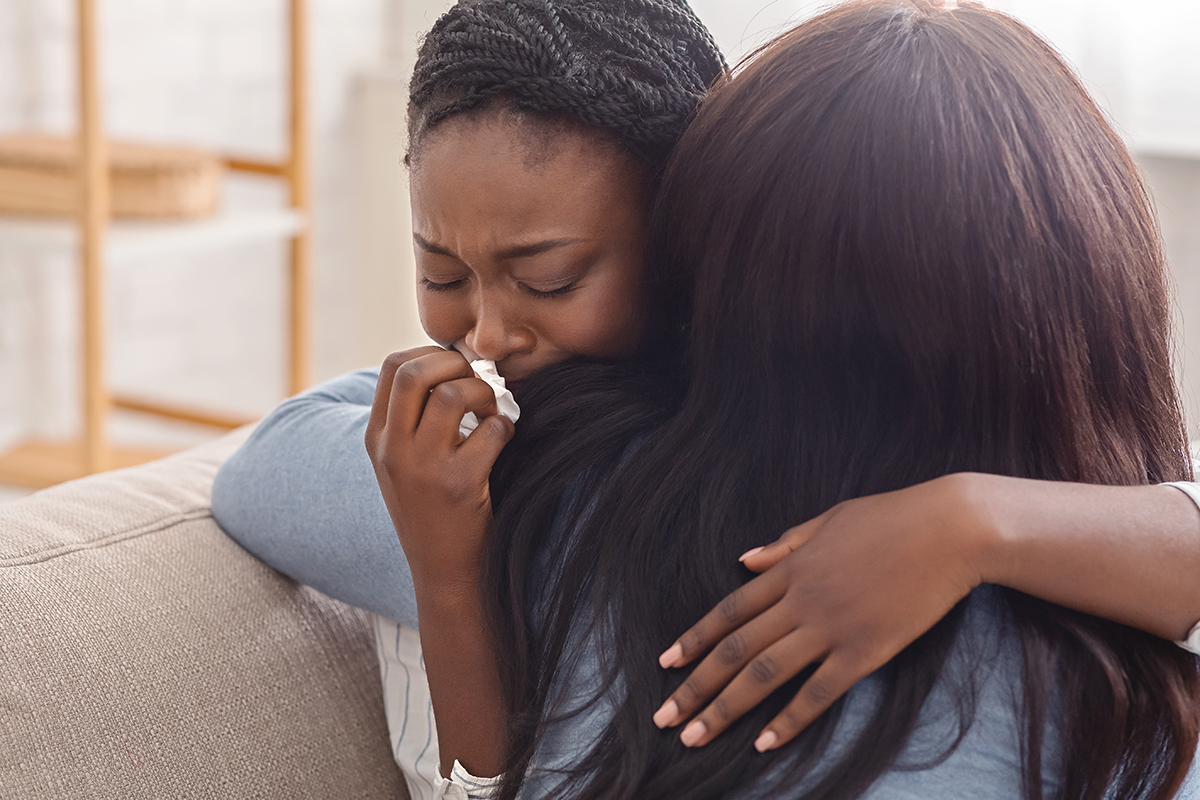At any stage of your sobriety journey, practicing healthy coping strategies is a must for staying on track with your goals and preventing a relapse. The complexities of grief and loss can be challenging, whether you’ve been sober for a few months or several years. These emotions may be especially painful during the holiday season, which offers unique stressors and potential obstacles. What can you do to maintain your healthy habits as 2021 comes to a close?
Working Through Grief and Loss in Addiction Recovery
Healing your body and mind from addiction requires you to “break up” with your substance of use. Though your relationship with alcohol and drugs was dysfunctional and unproductive, choosing a sober lifestyle can still leave you feeling bereft of an activity you formerly relied on to cope with life’s ups and downs. You may also have to cut ties with anyone who does not support your recovery goals, which could be isolating.
In the earliest stages of recovery, emotions like anger, sadness and anxiety are typical for people who are learning to navigate the world without the numbness provided by drinking or using drugs. A trained therapist can help you learn to work through these emotions and process your decision to get clean and sober. They can also provide you with effective alternatives to drinking and drug use for dealing with negativity, low self-worth and other issues that may be affecting your mental well-being.
Strategies for Coping With Grief and Loss
Grief and loss can be hard for anyone to handle, especially amid all the unpredictability of the last two years. Here are some valuable things to try that will help you stay accountable to the progress you’ve made in recovery.
1. Strengthen Your Mental and Physical Wellness
There’s a direct correlation between mental and physical health. We know that chronic stress can begin seeping into all areas of your life, causing physical symptoms like headaches, muscle tension, high blood pressure and trouble sleeping. Even during the busy holiday season, make time to get at least 20 to 30 minutes of moderate-intensity exercise a day, and try supplementing it with mindfulness activities like deep breathing, yoga or meditation.
2. Identify Your Grief Triggers
In some cases, grief can be intrusive and cause a cascade of sadness or regret when you least expect it. You can try to prepare for these moments by identifying people, places and events that might set them off. Try keeping a journal where you write down what you were doing and what might have made you feel your loss more intensely. This strategy might help you identify patterns you can change or situations you might want to avoid while your grief is still fresh.
3. Be Patient With Yourself
Give yourself time and space to experience all the emotions you need to cope with a loss. Remember the adage “It’s OK to not be OK.” Our modern culture tends to view grief as a weakness and encourage people to sweep it under the rug as soon as possible, but that isn’t a realistic approach in addiction recovery. Regardless of the scope of your loss, you deserve grace and permission to work through everything you are feeling. No two people are alike, and everyone progresses through the stages of grief at different rates.
Addiction Recovery in Long Beach, CA
At New Found Life, we have provided our evidence-based continuum of care to adults in the Long Beach community since 1993. We understand that addiction is a disease requiring a comprehensive treatment approach, and our team is dedicated to showing clients how rewarding a substance-free life can be. When you are ready to seek help, please contact us 24/7.

